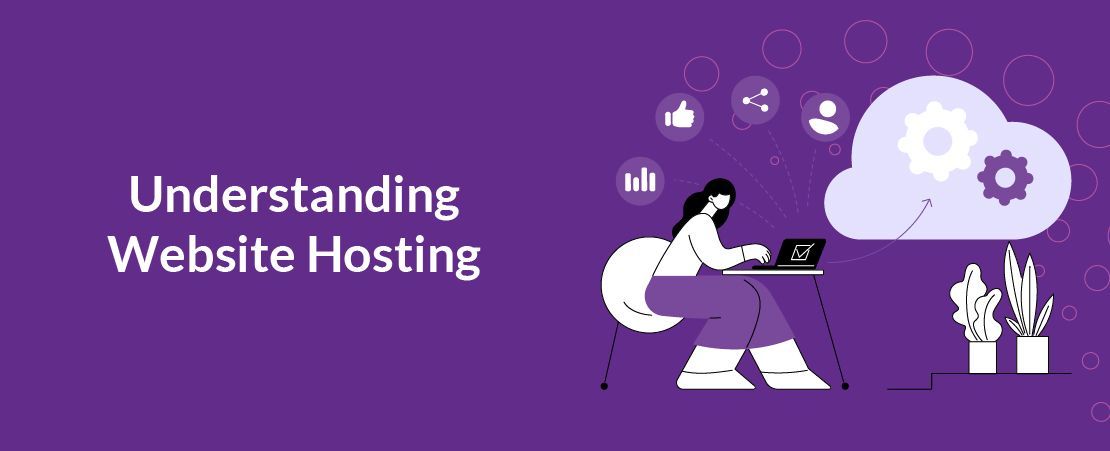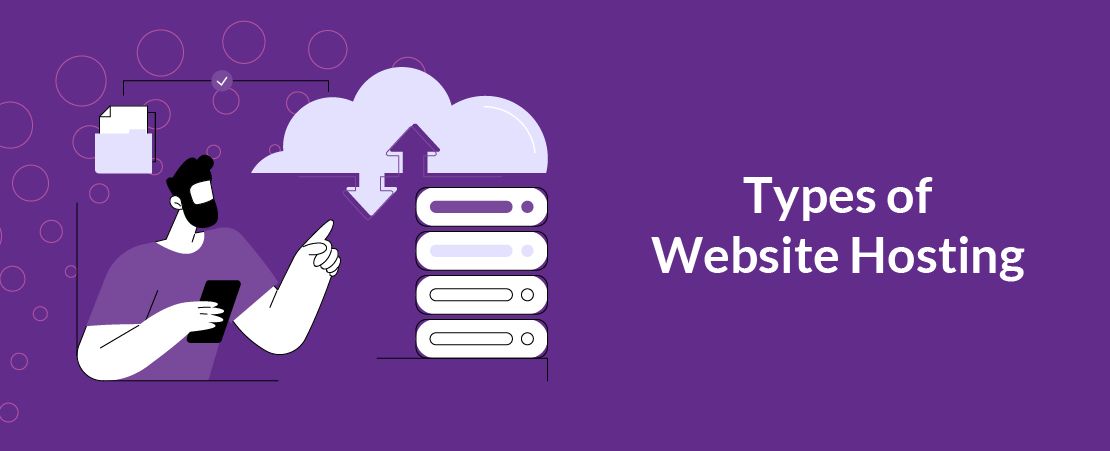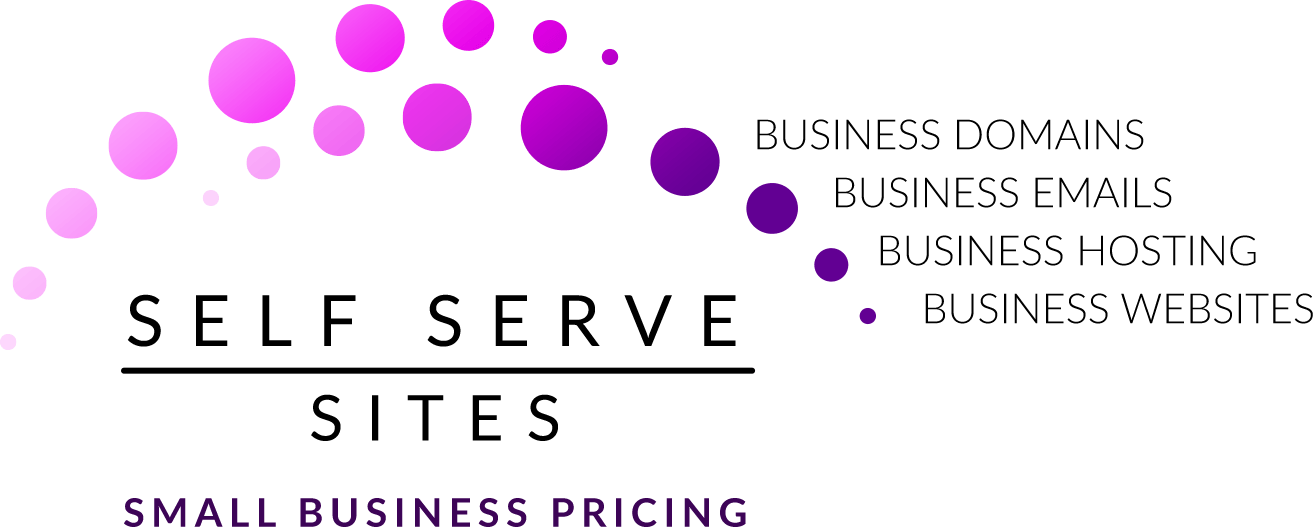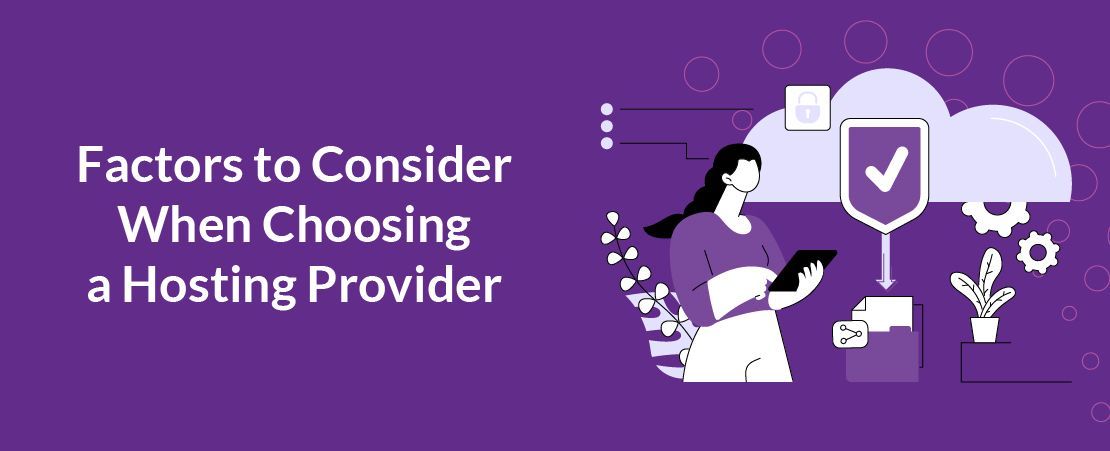Which Website Hosting is Best for You? A Guide for Small Businesses
Which Small Web Hosting is Best for You? A Guide for Small Businesses
Having an informative and engaging Website is paramount for Small Businesses wanting to grow. But a key component that is often overlooked is Small Web Hosting, which plays a crucial role in making your Website accessible to visitors all over the world.
In this blog, we'll explore how Small Web Hosting works for Small Businesses, and why choosing the right Hosting kind of Hosting and provider is vital for your Small Businesses online success.

Understanding Website Hosting
Before we get into which type of hosting and what provider you should go for, we want to make sure that you actually understand what Website Hosting is so you can make informed decisions later on.
Small Web Hosting involves storing your Website's files, data, and content on a server connected to the internet. When someone types your Website's
Domain Name into their web browser,
the browser sends a request to the Hosting server, which then delivers the requested web pages to the visitor's browser, allowing them to view your site.

Types of Small Web Hosting
There are several types of Website Hosting available, each offering different features, resources, and levels of control. It’s important that you research each one, weigh up the pros and cons, and choose which is best for your Small Business Website.
Here are the most common types of Website Hosting for Small Businesses and their individual benefits and drawbacks.
Shared Hosting: Shared Hosting involves Hosting multiple Websites on the same server, with each Website sharing resources such as disk space, bandwidth, and processing power.
Shared Hosting
is affordable and easy to set up, making it ideal for Small Businesses with basic Website needs.
Virtual Private Server (VPS) Hosting: This type of Hosting provides dedicated resources and greater control over server settings compared to shared Hosting. With VPS Hosting, your Website is hosted on a virtual server partitioned from a larger physical server, giving you more flexibility and scalability.
Dedicated Hosting: If you want to rent an entire physical server exclusively for your Website then this is the Hosting option for you. Dedicated Hosting offers maximum performance, security, and customisation options but tends to be more expensive than shared or VPS Hosting.
Cloud Hosting:
Cloud Hosting distributes Website files and data across multiple servers connected to a network (the cloud). Cloud Hosting offers scalability, reliability, and redundancy, making it suitable for businesses
Factors to Consider When Choosing a Hosting Provider
Once you know what kind of hosting option you want to choose, you then need to take the next (and arguably bigger) step of choosing a hosting provider. Considering how important this decision is, it’s imperative that you don’t simply choose the first provider you come across.
Here are the key factors you should consider when conducting your research so you can
find the provider that will provide you the service that you and your business deserve.
Reliability and Uptime: A track record of reliability and high uptime in a hosting provider guarantees that your Website remains accessible to visitors at all times.
Performance and Speed:
Opt for a hosting provider with fast server speeds and optimised performance to deliver a seamless browsing experience for your Website visitors.
Security Features:
Look for hosting providers that offer robust security features such as SSL encryption, firewalls, malware scanning, and regular backups to protect your Website from cyber threats and data breaches.
Scalability and Flexibility: Consider your future growth and scalability needs when choosing a hosting provider. Ensure that the hosting plan you select can accommodate your business's evolving requirements and traffic levels.
Customer Support: Choose a hosting provider that offers responsive Customer support and technical assistance to help you troubleshoot issues and resolve problems promptly.
Website Hosting is a fundamental aspect of establishing and maintaining an online presence for Small Businesses and the decisions involved in it are not to be taken lightly.
By understanding how Website Hosting works and selecting the right hosting provider and plan for your needs, you can ensure that your Website remains secure, reliable, and accessible to visitors, helping your Small Business succeed in the digital marketplace.











